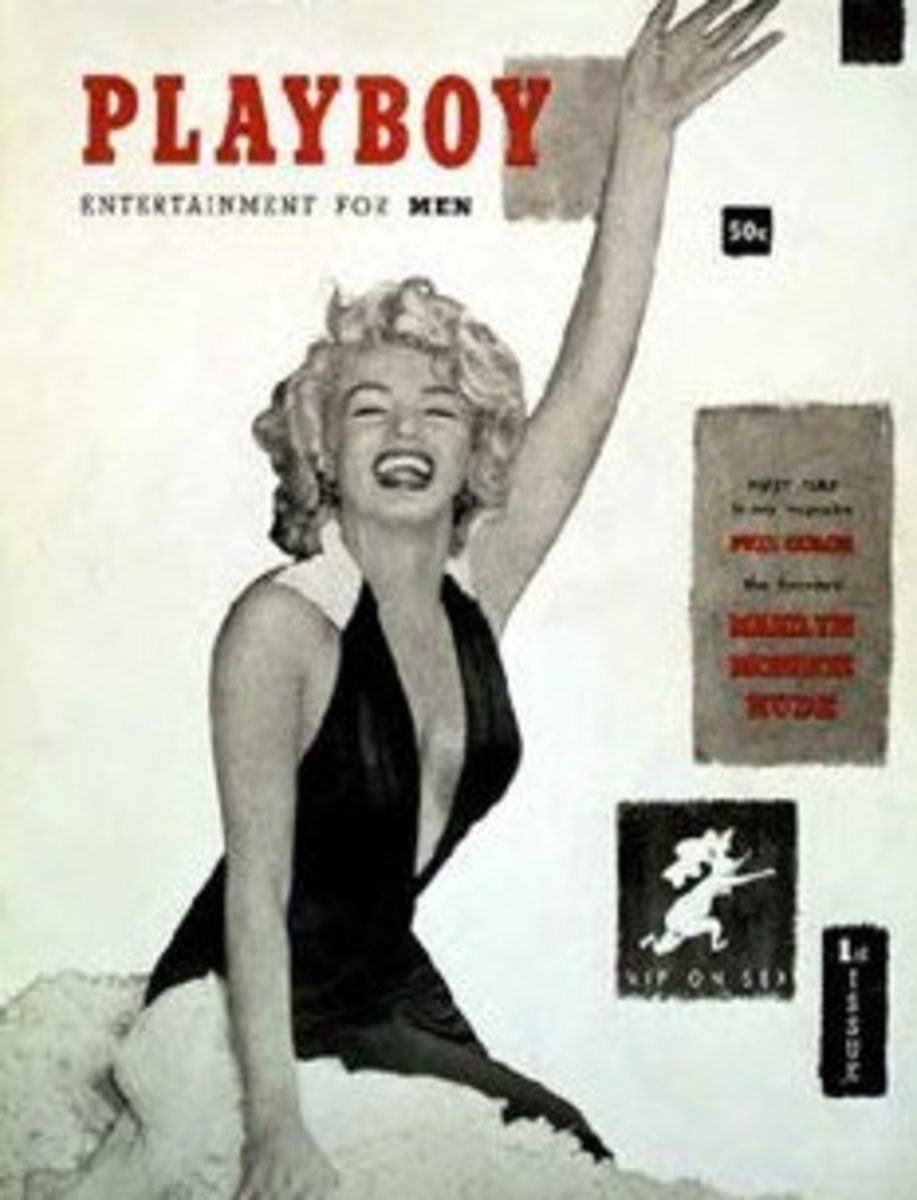How to Write Every Day
Write Loudly on Paper

For Writers, writing is cathartic, soothing and, sometimes, infuriating. Most of us have heard the accusation of being ‘over-thinkers‘ or being people who ‘overanalyze things to death.’
Keeping a journal is the most simple solution for slowing down your brain whilst talking to other humans. Getting all your thoughts down on paper will help you become a better listener because you won’t be waiting for the other person to stop talking so you can talk. After you pour out all your wild ideas, frustrations,and orgiastic fantasies about writing success, your mind is calm.
Sometimes, writers think they couldn't possibly write for an hour each morning because they have nothing 'important' to say. Remove the idea that a journal has to turn into a beautifully edited novel or collection of short stories. Write about everything you have seen, read, heard or dreamt about and this will definitely give you more than an hour's worth of writing. And when you watch TV shows and movies and take written notes, you become an active viewer instead of a passive one. The idea for your great novel might come from ruminations in your daily non-linear, erratic journal.
Writing Without Pressure
Sometimes, the pressure to get published or to become a full-time Writer earning an abundant income can diminish creativity. An approach in which the constant is a focus on the destination and monetary reward doesn’t allow you to stay in the process. Being in the present and in the process helps makes your writing more elegant and clear. Your journal allows you to play in the sandbox again without the strains of adulthood’s obligations and expectations. And it’s an opportunity to compare writing in a relaxed state to writing in an adrenalized state. Regardless of how mundane your journal might appear, remember that a journal as a free-writing exercise is a way of editing prior to ‘serious’ writing.
Journaling is Your Mind Gym
I write four pages per day, which takes me an hour, and ranges from 2000 to 2500 words. It is a way of pulling up the mental weeds that would otherwise distract me from working on a novel or editing a collection of poetry or writing a script. And I have managed to use some of this raw source material to write stories and poems that were published.
Tips for Starting a Journal
Start with your frustrations:
- What is driving you to distraction?
- What have you tried to do to remedy the problem and what were the outcomes?
- Who can you talk to about these challenges?
- What have you learned from your ‘failures’?
Move on to your triumphs:
- What problems have you resolved lately?
- What improvements have you seen in your writing?
- What have you done to gain visibility for your work?
- How are you using Social Media to connect with fellow Writers?
- What are you doing to incorporate creativity and/or writing into your day job?
- What are you doing to celebrate writing successes?
- What do you need to do to improve the quality of your writing?
- What do you need to learn about the marketing and business end of writing?
- What was the last thing you learned from writing mentors?
- What has been chipping away at your confidence lately?
Write Some Quick Notes for a Novel, Short Story or Poetry
- Who are the characters?
- What do they do for a living and where do they live?
- What is the theme you’d like to explore?
- What is the last scene in your novel or short story?
- If you were to fictionalize your childhood, what events would you bring in and which events would you eliminate?
A daily practice of letting thoughts spill over on paper will allow you to vent and find solutions for your problems and give you material for writing projects. And, most of all, your overthinking will have a home and give you enough mental silence to listen without waiting for your turn to talk.
Building relationships is a big part of a writer’s life. Using your journal to self-manage feelings, ramble, and list frustrations through daily writing allows us to engage others in an laidback, diplomatic and apolitical conversation. Unless you’re writing about politics, an exchange that leads to outrage fatigue won’t help with publishing goals.
We use journal writing to present ourselves and our writing in its best light.
© 2019 Odilia Rivera-Santos








